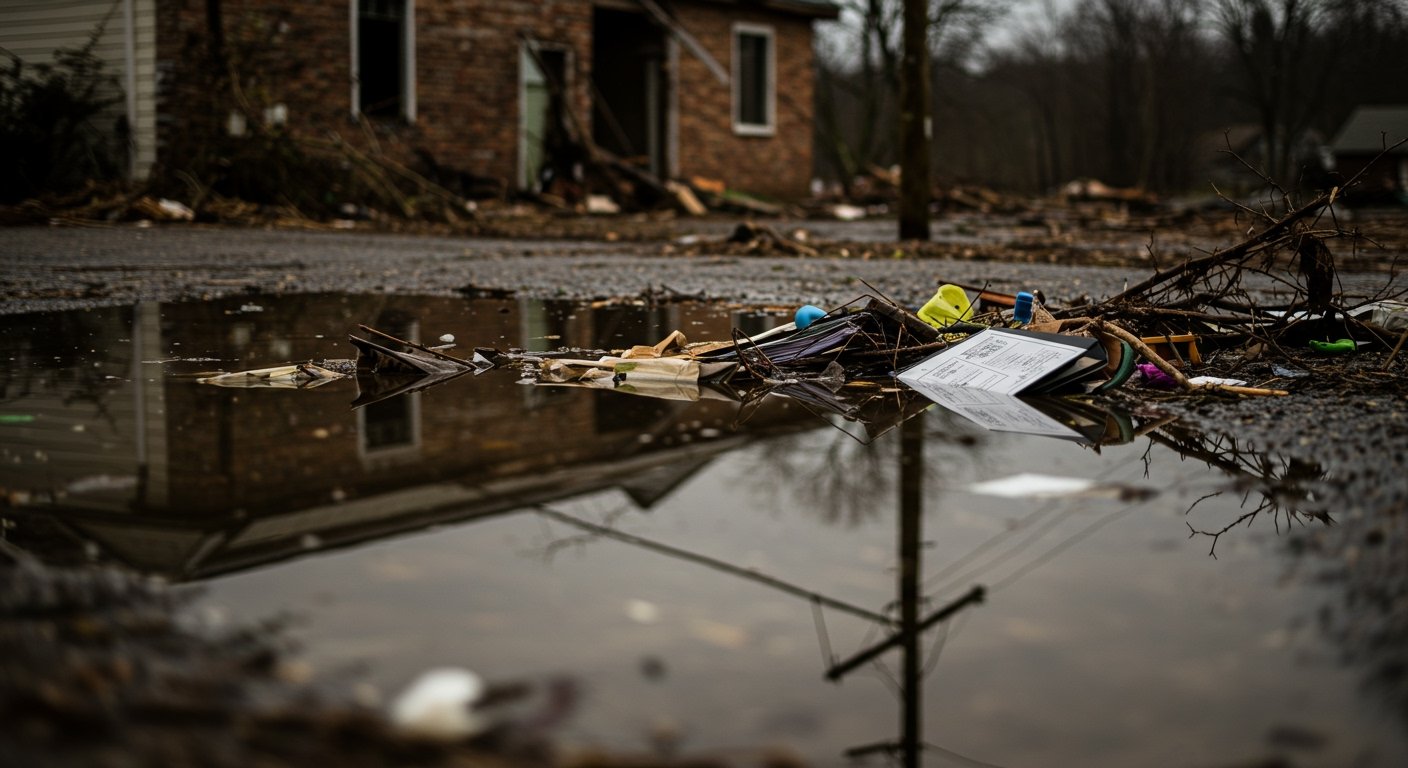A legislative effort aimed at bolstering Texas’s emergency response capabilities was rejected by state lawmakers just months before the state was struck by recent devastating floods. The timing of this legislative failure has drawn scrutiny, prompting discussions about the adequacy of current preparedness measures in the face of increasingly severe weather events.
Legislative Setback for Emergency Preparedness
The proposed legislation, which would have enhanced emergency response measures in Texas, failed to pass during the recent legislative session. The bill’s sponsor, Democratic Texas state Rep. Joe Moody, has spoken publicly about its intent and subsequent rejection.
In an interview with NPR’s Michel Martin, Rep. Moody discussed the details surrounding the bill and the missed opportunity to strengthen the state’s ability to handle large-scale emergencies, such as the floods that have recently caused widespread destruction.
The specific enhancements the bill sought are not detailed in the provided information, but generally, legislation aimed at improving emergency response can encompass a wide range of measures. These often include establishing clearer chains of command, allocating dedicated funding for disaster preparedness, improving communication systems between state and local agencies, investing in critical infrastructure resilience, and creating standardized protocols for resource deployment during crises.
The rejection of such a bill raises questions about the priorities of the legislative body and their assessment of the risks posed by natural disasters in Texas. The state, known for its diverse climate and geography, is vulnerable to a variety of emergencies, including hurricanes along the coast, wildfires in drier regions, severe winter storms, and significant flooding in many areas, as recently witnessed.
Timing Amidst Catastrophe
The fact that the bill was rejected by Texas lawmakers just months before the recent devastating floods adds a layer of urgency and consequence to the discussion. While it is impossible to definitively state whether the passage of this specific bill would have prevented the recent damages or improved the immediate response, its failure leaves the state potentially less prepared than it could have been.
Recent devastating floods across parts of Texas have resulted in significant property damage, displacement of residents, and tragically, loss of life. These events underscore the critical importance of robust and adaptable emergency response frameworks. Effective response measures are crucial for rapid evacuation, timely rescue operations, efficient distribution of aid, and the subsequent long-term recovery efforts.
The timing of the legislative decision highlights a potential disconnect between perceived risks and legislative action. Critics argue that proactive investment in preparedness is far more cost-effective and saves more lives than reactive measures taken after a disaster strikes. The rejection of a bill specifically designed to enhance these measures, immediately preceding a major flood event, brings this debate into sharp focus.
The Sponsor’s Perspective
Democratic Texas state Rep. Joe Moody, as a sponsor of the failed legislation, has offered his perspective on the bill’s journey through the legislature and the reasons cited for its rejection, though these reasons were not specified in the provided summary. His conversation with NPR’s Michel Martin likely delved into the challenges the bill faced, the arguments against it, and his views on the state’s current level of emergency preparedness.
Rep. Moody’s advocacy for enhanced emergency response measures suggests a recognition of existing gaps or weaknesses in the state’s current capabilities. His efforts, though unsuccessful in the recent session, point to an ongoing need for legislative attention to this critical area of public safety and infrastructure.
The legislative process involves negotiation, compromise, and often, difficult decisions about resource allocation and policy priorities. The failure of this bill indicates that, for various reasons, a majority of Texas lawmakers did not agree on the necessity, scope, or specifics of the proposed enhancements at that time.
Implications for Future Preparedness
The confluence of the bill’s rejection and the subsequent devastating floods serves as a stark reminder of Texas’s vulnerability to natural disasters. It is likely to reignite discussions within the state legislature and among the public about the need for stronger emergency preparedness measures.
Moving forward, lawmakers may face renewed pressure to revisit legislation aimed at enhancing the state’s ability to respond to emergencies. The experience of the recent floods provides tangible evidence of the potential consequences of insufficient preparedness, potentially influencing future legislative debates and decisions.
Emergency management professionals consistently advocate for continuous evaluation and improvement of response plans, training, and resources. The failure of this particular bill does not preclude other avenues for enhancing preparedness, but it does signify a missed opportunity at a critical juncture, as demonstrated by the recent devastating floods. The path forward will require a thorough assessment of lessons learned from the recent events and a potentially renewed commitment to investing in the state’s resilience against future disasters.






